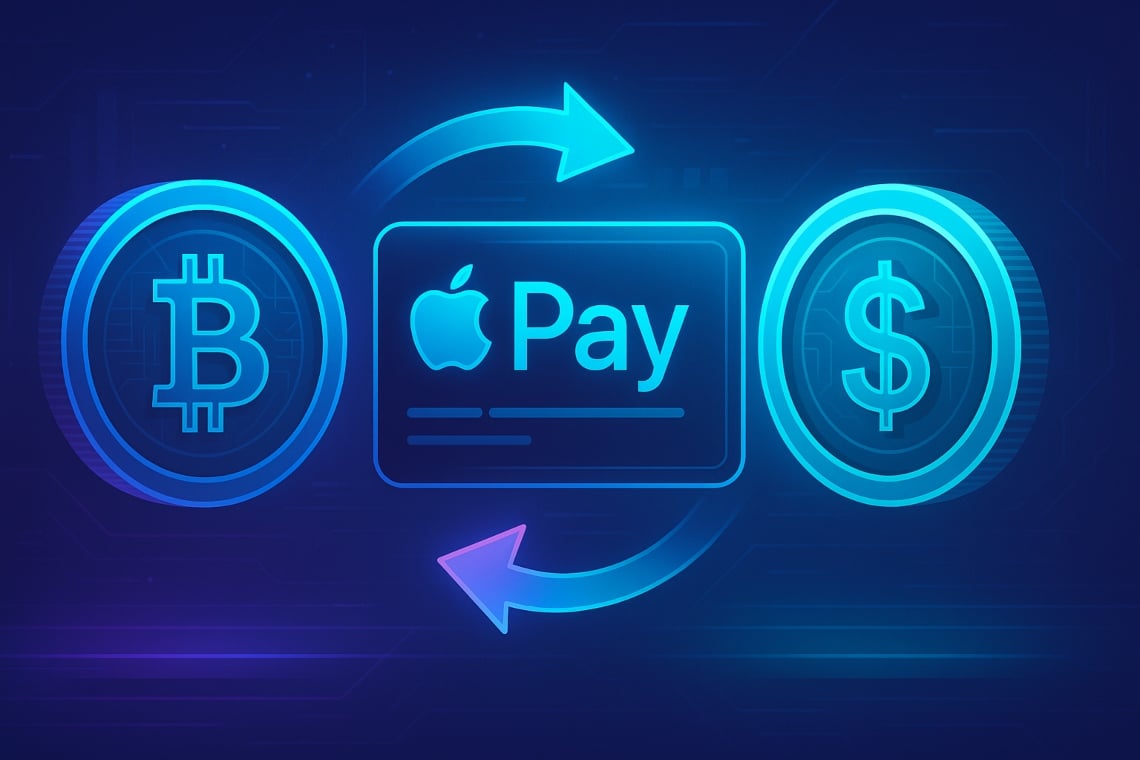The Canadian federal government is reportedly preparing new rules for stablecoins, with an update potentially coming in next week’s federal budget, signaling that more countries may follow the United States’ lead after the landmark passage of the GENIUS Act.
Citing people familiar with the discussions, Bloomberg reported Monday that government officials have been meeting with regulators and industry stakeholders for several weeks. The update on stablecoin regulation could be unveiled as early as Nov. 4, when Finance Minister François-Philippe Champagne presents the federal budget.
Canada lacks a comprehensive legal framework for stablecoins, though regulators have previously indicated that certain tokens could qualify as securities or derivatives under existing laws.
Source: BloombergThe domestic market for Canadian-dollar-pegged stablecoins remains limited. The most notable example is QCAD, issued by Toronto-based Stablecorp, a fiat-collateralized token backed 1:1 by the Canadian dollar.
US dollar–pegged stablecoins remain available in Canada, most notably USDC (USDC), following the discontinuation of support for Tether’s USDt (USDT) in 2023.
Related: Coinbase invests in Canadian stablecoin issuer
Playing catch-up with the United States
The developments come as the Bank of Canada has urged the federal government to establish clearer rules for stablecoins to modernize the country’s payment system — or risk falling behind other nations in adopting the technology.
“Governments are moving to regulate stablecoins and other cryptocurrencies so consumers can reap their benefits and be protected from credit and liquidity risks,” said Ron Morrow, who oversees payments, supervision and oversight at the Bank of Canada.
The United States has moved quickly on the stablecoin front since President Donald Trump took office. In June, lawmakers passed the GENIUS Act, which created a regulatory framework for issuing fully collateralized, dollar-backed stablecoins with anti–money laundering safeguards and regular audits.
The new legislation will go into effect in January 2027.
Since the passage of the GENIUS Act, more companies have shown interest in entering the stablecoin market, which has continued to expand. US dollar-pegged stablecoins now exceed $300 billion in total value.
Related: Despite gov’t shutdown, crypto market structure bill ‘90% there’ — Coinbase CEO
Source: https://cointelegraph.com/news/canada-stablecoin-rules-federal-budget-genius-act?utm_source=rss_feed&utm_medium=feed&utm_campaign=rss_partner_inbound

